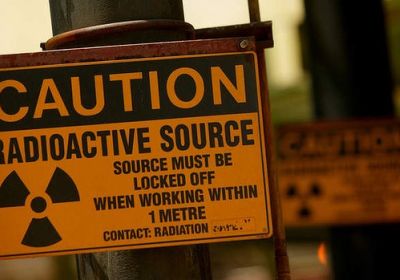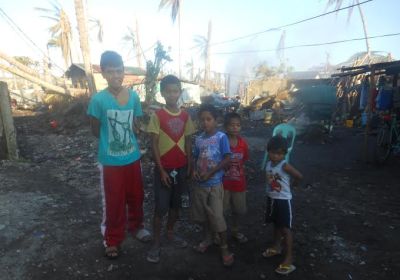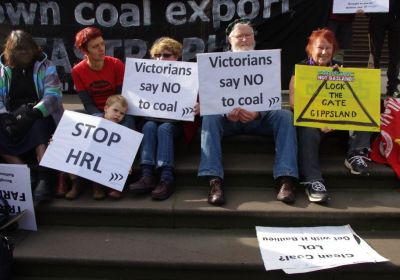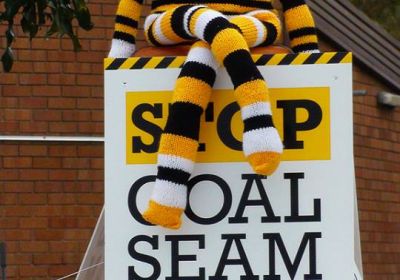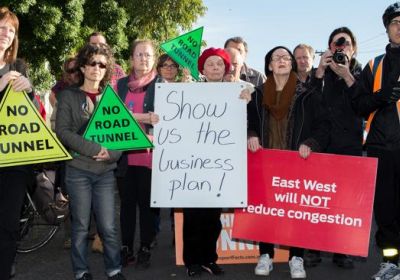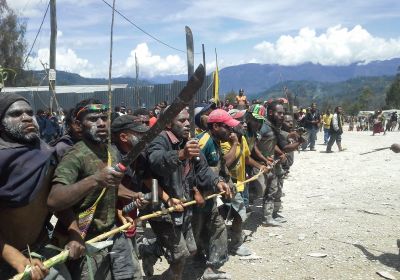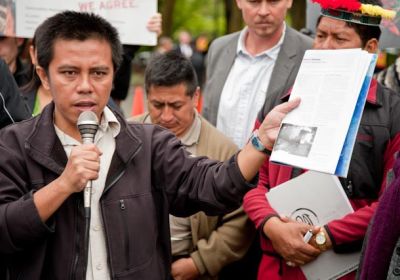
Over 200 people laughed until it hurt at the 'Welcome to the Abbottoir' comedy night held in Sydney on November 9. Featuring Michael Hing (as seen on SBS TV), Twiggy Palmcock (famous for crashing Tony Abbott's election night party), Hannah G (Newcastle-based comedian) and Carlo Sands (Green Left Weekly), the evening was organised by Green Left Weekly and filmed by Green Left TV.
